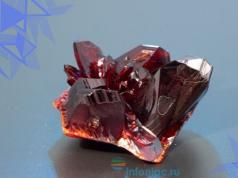- December 22 - January 20
People born on these dates are under the auspices of St. Sylvester and Reverend Seraphim Sarovsky. Orthodox should buy Sovereign icon Mother of God. Before her, it is necessary to pray for honesty and truth, heartfelt joy and love for one's neighbor, for the granting of spiritual and bodily healing. - January 21 - February 20
Those who were born on these days are under the patronage of Saints Cyril and Athanasius. But the Vladimir icon of the Mother of God and the icon " Burning bush».
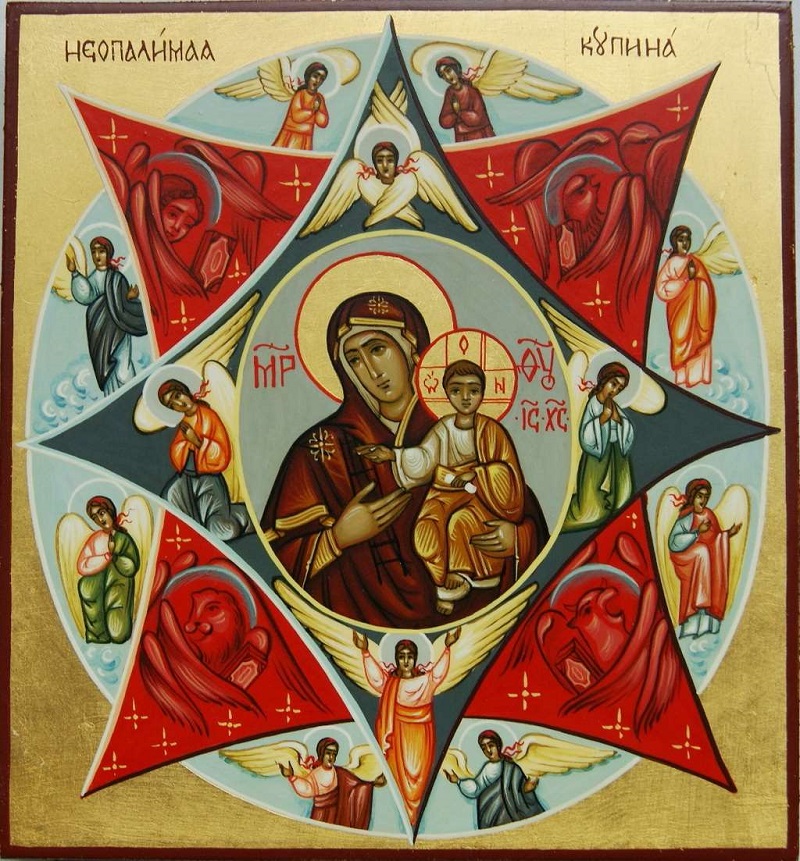
- February 21 - March 20
In this period of time, people are guarded by the guardian angels Milenty of Antioch and St. Alexy. And the Iberian Mother of God is considered the intercessor icon. The image helps people who have repented of their sins. The icon has a great influence on people with mental and physical illnesses.
- March 21 - May 20
People born on these dates should pray to the icon "Guest of Sinners", and their guardian angels are John the Theologian, Saints Tamara and Stefan. Basically, people turn to the icon for help in spiritual insight, for getting rid of despondency and sadness, for healing from serious illnesses.
- May 21 - June 21
Those born on these days should consider their patron angels the saints Alexei of Moscow and Constantine. And it is necessary to pray for the icons "Searching for the Lost", "Burning Bush" and Vladimir icon Mother of God.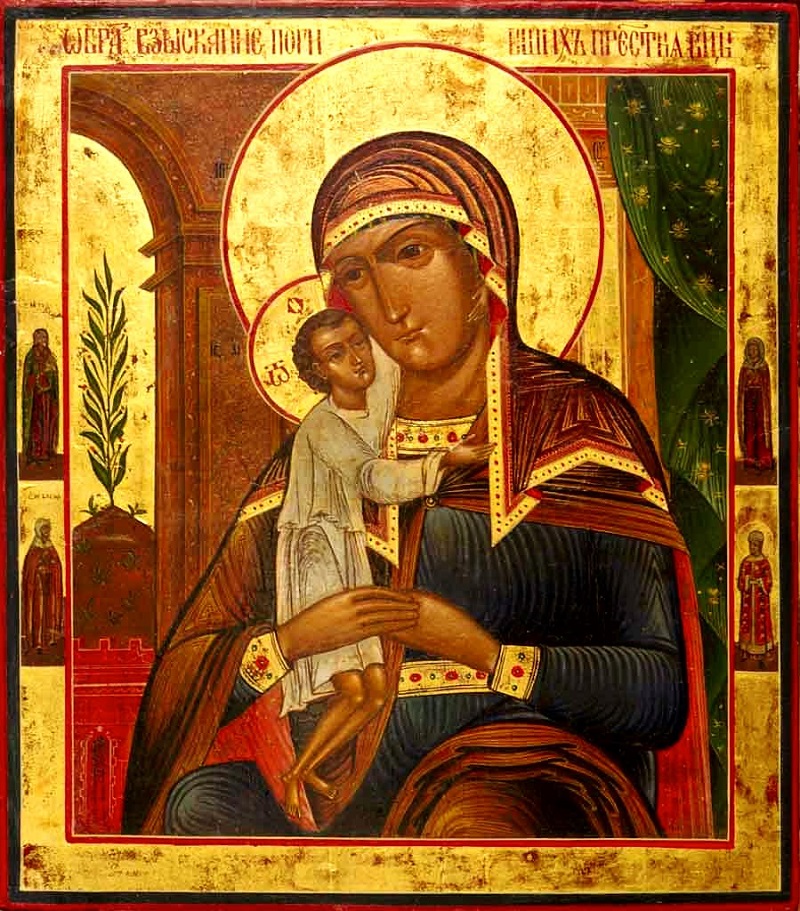
- June 22 - July 22
Saint Cyril is the main patron of those who were born during this period. It is necessary to pray to the guardian angel, as well as the icon of the Kazan Mother of God. Prayers before her image help to find a solution in difficult questions to be healed of diseases. It is also customary to place the icon at the child's bed, knowing that the Mother of God will look after the baby.
- July 23 - August 23
Elijah the Prophet and St. Nicholas will keep those who were born on these days. And the intercessor will be the icon of the Intercession Holy Mother of God. Prayer before the image is able to protect from all evils, troubles and ailments, giving peace and grace.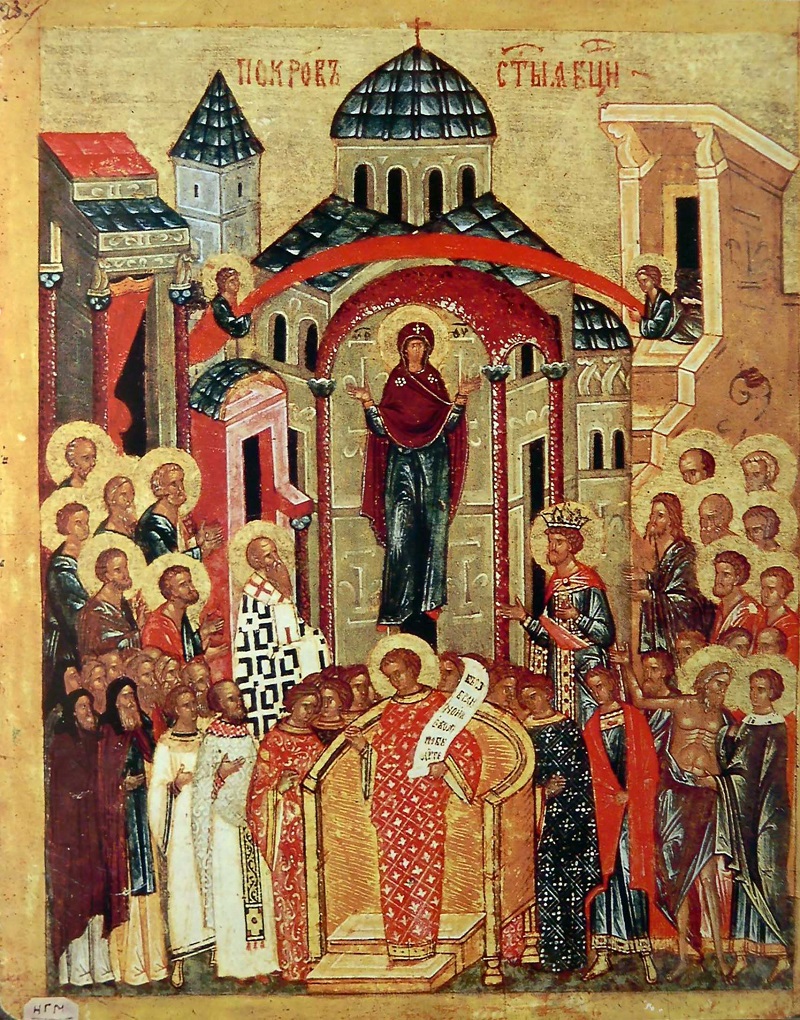
- August 24 - September 23
Those born on these days are guarded by Saints Alexander, John and Paul. And you need to pray to the Passionate intercessor icon.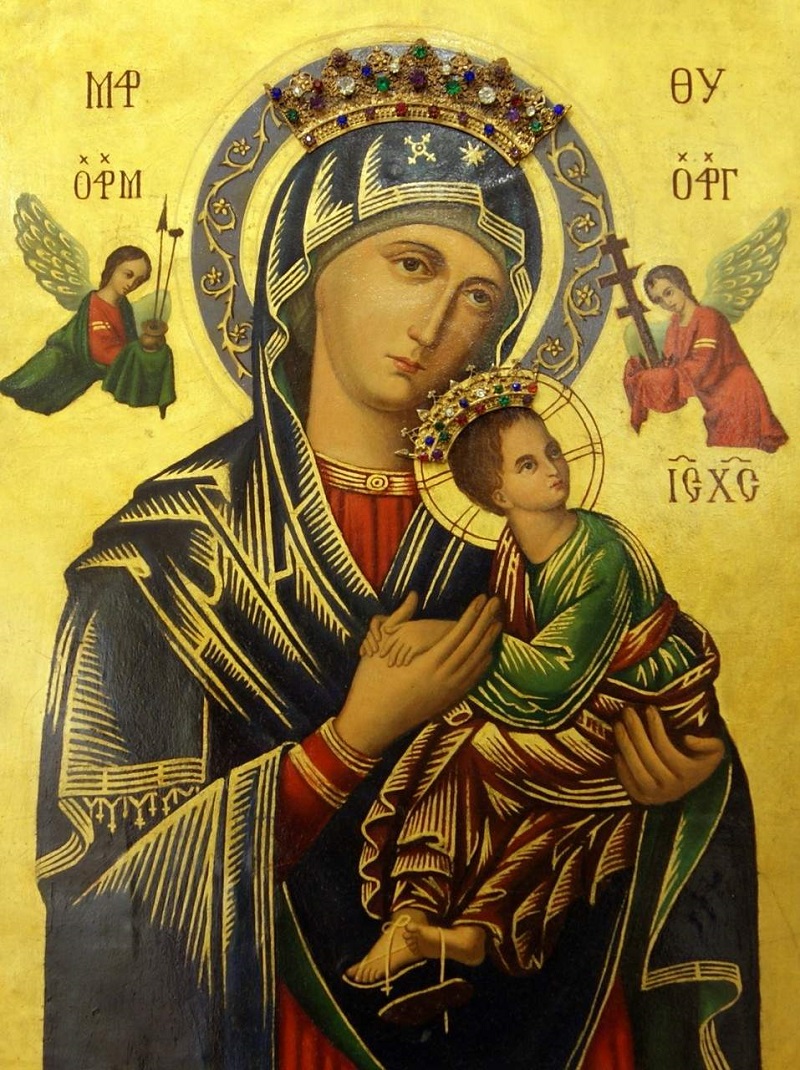
- September 24 - October 23
Those born these days are taken under his wing by Sergei of Radonezh, and the intercessor icon of the Exaltation of the Cross of the Lord helps them.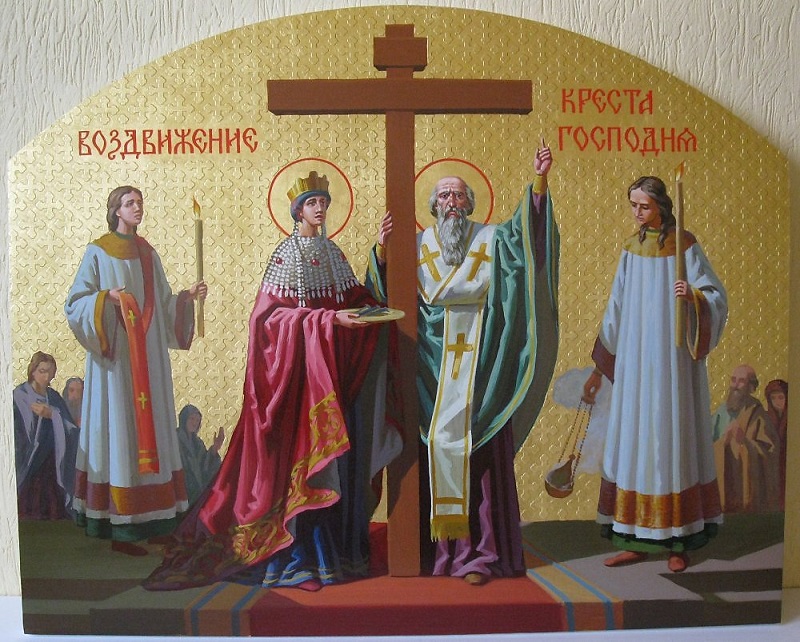
- October 24 - November 22
Icons of the Mother of God of Jerusalem and the Quick Hearing One protect people born during this period. But the guardian angel is considered to be St. Paul.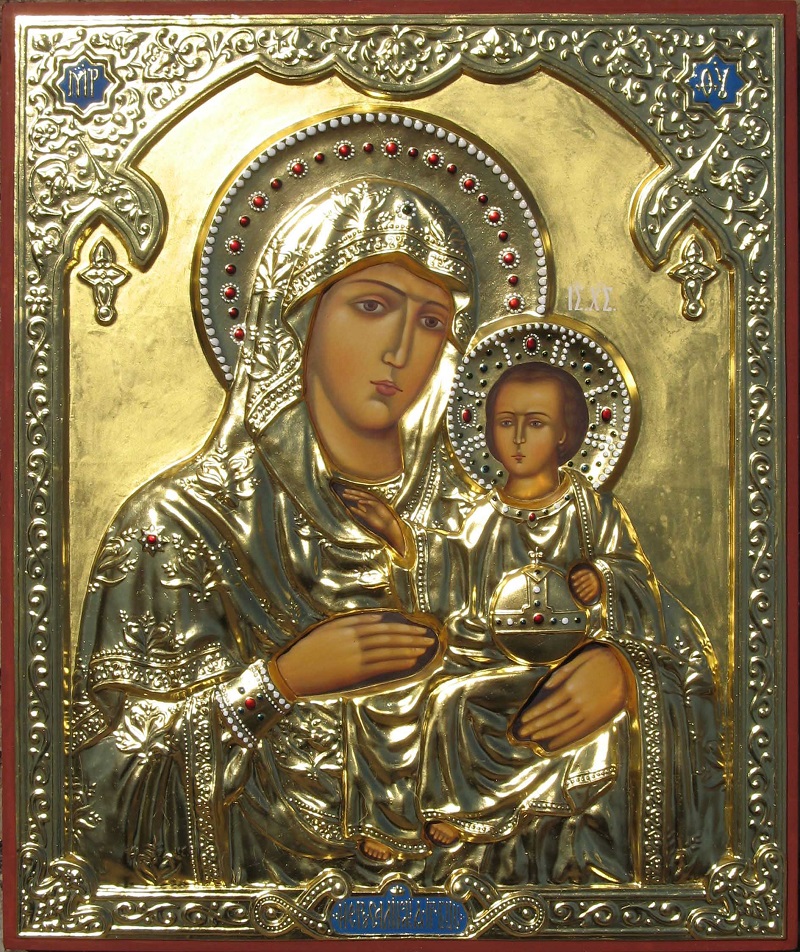

- November 23 - December 21
Saints Nicholas the Pleasant and Barbara will protect people born during this period. The icons of the Virgin of Tikhvin and the "Sign" are considered intercessors.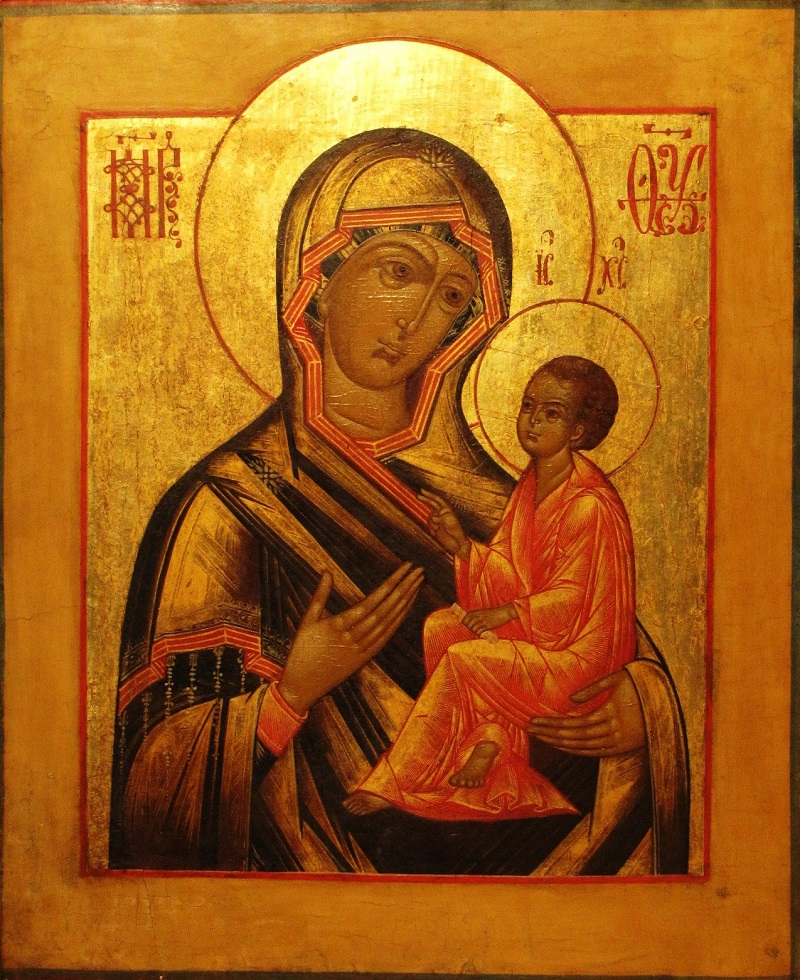
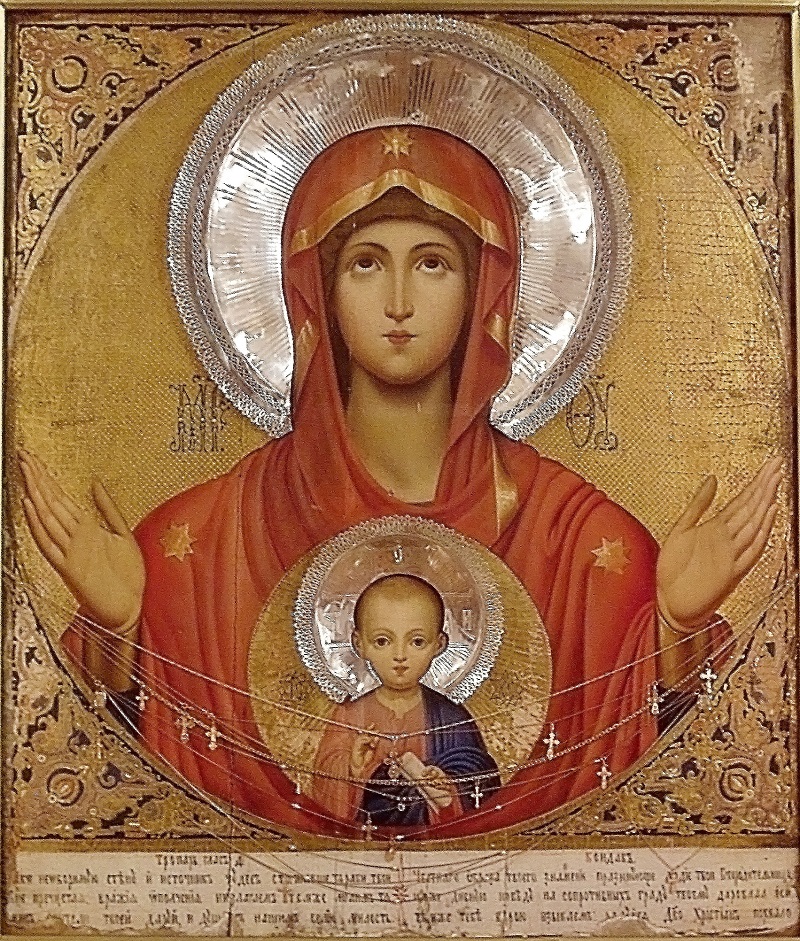
Patron saints by name and date of birth. How to recognize the patron saint? In the life of the Orthodox people, patron saints appeared in the 4th century. Many parents, hoping for the grace and protection of the saint, often called their children the same name. Absolutely every person has a guardian angel, because every Orthodox Christian has a certain name and has a birthday. The patron saint appears in a person with the first heartbeat at birth and protects us until the moment of death. The main calling of a guardian angel is to protect a person from troubles, illnesses, and unclean forces. In this article, we will answer the question of how to recognize your patron saint by date of birth and by name. Which patron saint protects you? As you know, there are ignorant people who constantly shout that they have developed intuition or some kind of supernatural instinct when they hear their inner voice. These people simply do not know that they are only using the tips of their patron. When a person is on the verge of a choice, in various critical situations, our guardian angel sends us all sorts of clues, to which we subconsciously listen. And in many situations, it is enough to ask him for help and wait for his sign, because they often do not like to interfere in the everyday affairs of a person. There are also people who believe in divine powers and treat such power as a magic wand, that is, when asked, they immediately expect the immediate fulfillment of their desire. Remember that this happens extremely rarely, help may come with a delay. In fact, it is very difficult to explain what our patrons are guided by when determining the timing of intervention. But we can only hope and wait for divine help. Also, do not forget to thank your heavenly helpers. They do not need any performance with sacrifice, but just a few mental words of gratitude are enough. Also, do not take internal conversations with your angel as an attack of the clinic. Mental communication never hurts. Orthodox believers should not forget that their guardian angel is primarily a patron saint by name and date of birth. Our heavenly helpers are alien to manifestations of filth, violence, cruelty in us, they will never be happy with the negative energy that hovers over us. Never communicate with your angel as with an all-powerful servant. It should be respected and protected. Required reading: Mortal sins in Orthodoxy. List Patron saint by date of birth Now let's take a closer look at which patron saint by date of birth all believers have Orthodox people: Rev. Seraphim of Sarov and Blessed Sylvester protect those who were born in the days from December 22 to January 20. For such Orthodox people, the icon of the Mother of God "Sovereign" is also wonderful; Happy birthday people in the period from January 21 to February 20 recognize their patron saint by date of birth in the form of Saints Cyril and Athanasius. For protection, you can use the icons of the Mother of God "Burning Bush"; Those born between February 21 and March 20 are protected by Saint Alexis and Saint Milentius of Antioch. The Iberian Mother of God will protect; Angels for people with a date of birth of March 21 - April 20 are George the Confessor, Innocent of Irkutsk and Saint Sophrony. For the amulet, the icon of Our Lady of Kazan is suitable; The icon "Guide of Sinners", the Apostle John the Theologian, Saints Tamara and Stepan guard those born from April 21 to May 20; People born between May 21 and June 21 can recognize the patron saint by date of birth. They are assisted throughout their lives by St. Constantine and Alexei of Moscow. The best way to protect such people is the icons “Searching for the Lost”, “Burning Bush”, the icon of the Mother of God “Vladimirskaya”; Saint Cyril helps people born from June 22 to July 22. The icons of the intercessor “joy of all who grieve” and the Kazan Mother of God will also be effective; There is also an Orthodox patron saint for people born on July 23 - August 23. They are protected by the prophet Elijah and St. Nicholas the Pleasant. Such people will suit the icon "Protection Holy Mother God's"; Those born from August 24 to September 23 will be helped by John, Paul and Saint Alexandra. You can also ask for protection and mercy in the icons "Burning Bush" and "Passionate"; The Monk Sergei of Radonezh and the icon of the Pochaev Mother of God will protect from troubles a person born from September 24 - October 23; Saint Paul became the guardian angel for people with a date of birth October 24 - November 22. You can also ask for help from the "Quick Hearer" and the "Jerusalem" icon; Those born between November 23 and December 21 are under the protection of Saint Barbara and Blessed Nicholas the Pleasant. Icons for protection - "The Sign" and "Tikhvin". Required reading: Rule from the desecration of Basil the Great A patron saint named Angel's Day in Orthodox Church is very much appreciated, because this is the day of the heavenly intercessor, the saint before the person whose name is given to the Christian. How to correctly identify your Orthodox patron saint? As a rule, the day of the heavenly patron is the next day of the celebration of the saint, whose name the person bears. This is done because the day of some saints is celebrated several times a year. Let's give an example, Anna, who was born on November 20 - the day of the Guardian Angel will be celebrated on December 3, the next day when St. Anna of Persia is remembered. To determine the name of your heavenly patron, use the Orthodox calendar. It contains all the birthdays of the saints. And if your name is not in the calendar Orthodox calendar, then at baptism for a person a name is always chosen that is very close in sound to yours. Let's give examples: Jeanne - John; Dina - Evdokia; Angelica - Angelina; Lily - Leah; Milana - Milica; Also in the church there are traditional other soundings of names. Example: Victoria - Nika, Svetlana - Fotinia, etc. The simplest prayer with which you can turn to your Defender: “Pray to God for me, the holy servant of God (name), as I diligently resort to you, a quick helper and prayer book for my soul” May the Lord keep you!
Angel Day: determine the date
As a rule, the day of the Angel is the day following the birthday of the saint, whose name the Christian bears. For example, Anna, who was born on November 20, will have Angel's Day on December 3 - the day following her birthday, when St. Anna, and her saint will be the holy martyr Anna of Persia.
Often, parents choose a name for the child in advance, having a special love for one or another saint, then the date of the day of the Angel is no longer associated with the birthday.
How to find your patron saint according to the Orthodox calendar?
The name of the saint, whose memory follows your birthday, is determined by the calendar, for example, according to the Orthodox calendar -\u003e
- Name day. Men's names
- Name day. Women's names
- Name day. Men's names
- It should be remembered this nuance: in 2000 on Bishops' Cathedral the New Martyrs and Confessors of Russia were glorified: if you were baptized before the year 2000, then your saint is chosen from the saints glorified before the year 2000. For example, if your name is Catherine, and you were baptized before the glorification of the New Martyrs, then your saint is St. great martyr Catherine, if you were baptized after the Council, then you can choose saint Catherinewhose date of memory is closer to your birthday. On the day of the Angel, the Orthodox try to confess and partake of the Holy Mysteries of Christ. If the day of the angel falls on a fast day or fast, then the celebration and feasts are usually transferred to non-fast days.
- After the revolution, a serious and systematic ideological struggle began with name days: the rite of baptism was recognized as counter-revolutionary, and they tried to replace it with “Oktyabrins” and “Stars”. A ritual was developed in detail, in which the newborn was congratulated in strict sequence by October, a pioneer, a Komsomol member, a communist, “honorary parents”, sometimes the baby was symbolically enrolled in a trade union, and so on. The fight against "remnants" reached ridiculous extremes: for example, in the 1920s, censorship banned K. Chukovsky's "Fly-Tsokotukha" for "propaganda of name days."
- The Russian Christian name book has evolved over the centuries. The first extensive layer of Russian names arose in the pre-Christian era. The reasons for the emergence of a particular name could be very different: in addition to religious motives, the circumstances of birth, appearance, character, etc. played a role. Later, after the Baptism of Rus', these names, sometimes difficult to distinguish from nicknames, coexisted with Christian calendar names ( up to the 17th century). Even priests sometimes had nicknames. It happened that one person could have as many as three personal names: a “nickname” name and two baptismal names (one is explicit, the other is hidden, known only to the confessor). When the Christian nomenclature completely supplanted the pre-Christian "nickname" names, they did not leave us for good, moving into another class of names - into surnames (eg Nekrasov, Zhdanov, Naydenov). Some pre-Christian names of canonized Russian saints subsequently became calendar ones (for example, Yaroslav, Vyacheslav, Vladimir). With the adoption of Christianity, Rus' was enriched with the names of the entire human civilization: Greek, Jewish, Roman and other names came to us with the Byzantine calendar. Sometimes under Christian name images of more ancient religions and cultures were hidden. Over time, these names became Russified, so much so that the Hebrew names themselves became Russian - Ivan and Marya. At the same time, one should keep in mind the lofty thought of Fr. Pavel Florensky: “there are no names either Jewish, or Greek, or Latin, or Russian - there are only universal names, the common property of mankind.” The revolutionary obscurantism of some sections of society, combined with a tough state policy, was aimed at reorganizing, and therefore at renaming the world. Along with the renaming of the country, its cities and streets, people were renamed. “Red calendars” were compiled, new, “revolutionary” names were invented, many of which now sound just like curiosities (for example, Malentro, i.e. Marx, Lenin, Trotsky; Dazdraperma, i.e. Long live May Day, etc. .). The process of revolutionary name-creation, characteristic of ideological revolutions in general (it was known in France at the end of the 18th century, and in republican Spain, and in the countries of the former “socialist camp”), did not last long in Soviet Russia, about a decade (20-30s ). Soon these names became the property of history - here it is appropriate to recall another thought of Father Pavel Florensky: “you can’t invent names”, in the sense that they are “the most stable fact of culture and the most important of its foundations.” The change in the Russian personal name went along the line of borrowing from other cultures - Western European (eg Albert, Victoria, Zhanna) and common Slavic Christian names (eg Stanislav, Bronislava), names from Greek and Roman mythology and history (eg Aurelius, Aphrodite, Venus), etc. Over time, Russian society again returned to calendar names, but “de-Christianization” and a break in tradition led to an extraordinary impoverishment of the modern name-book, which now consists of only a few dozen names (played its role and common property“mass cultures” - the desire for averaging, standardization). By the nature of Christian exploits, saints are traditionally divided into faces (ranks):
prophets - God's chosen ones, to whom God revealed His will (the main subject of prophetic predictions was the promised Savior);
the apostles (i.e., messengers, messengers) are the first disciples of Jesus Christ, some of whom belong to the number of the twelve closest disciples, others, out of the seventy, were not constant witnesses of the works of God, and were not fully clothed with that spiritual power and the authority with which the twelve apostles were invested;
Equal-to-the-Apostles and Enlighteners – saints who brought whole peoples and countries to Christ by their preaching after the times of the apostles;
hierarchs - fathers, pastors, teachers of the Church: hierarchs who received the grace of the Holy Spirit from the apostles with the duty to watch over the flock of Christ, to lead Christians into the Kingdom of God;
martyrs, great martyrs, passion-bearers, confessors - saints who have accepted martyrdom or suffered cruel persecution for Christian faith. Those who were martyred in the rank of bishop or priest are called holy martyrs, and those who suffered in monasticism (monasticism) are called venerable martyrs];
reverends - ascetics from the monastic rank, who left the world and its blessings, family and public relations in the name of closeness to God, in the name of purity and holiness of life;
unmercenaries - saints who sacrificially and disinterestedly served the poor, the suffering and the sick;
fools for the sake of Christ (blessed) - ascetics who renounced their usual prudence and way of life, endured reproach and persecution, but received the gifts of prophecy and miracles;
the righteous - saints who pleased God, but did not leave the world;
the faithful are holy rulers: kings, princes.
Day Angel. name day



